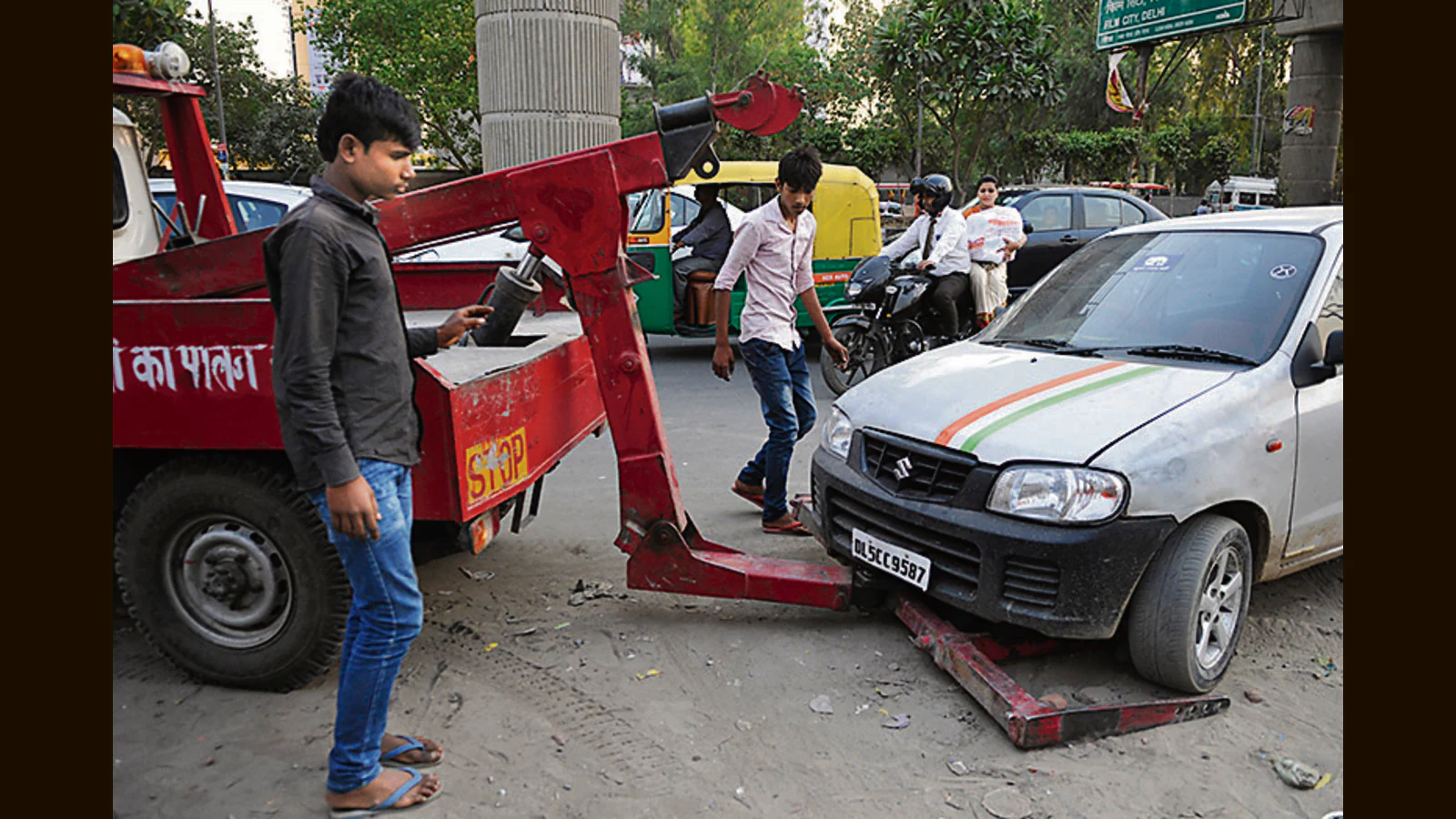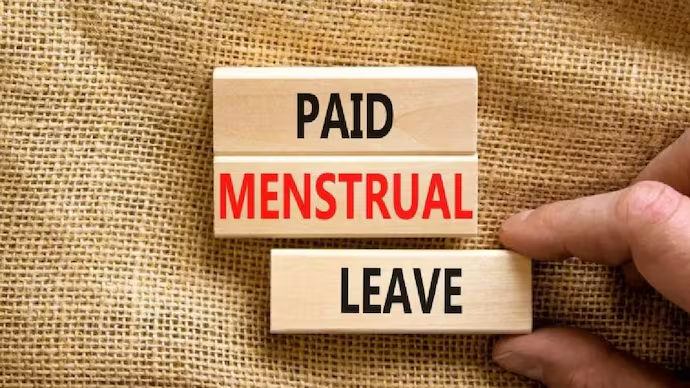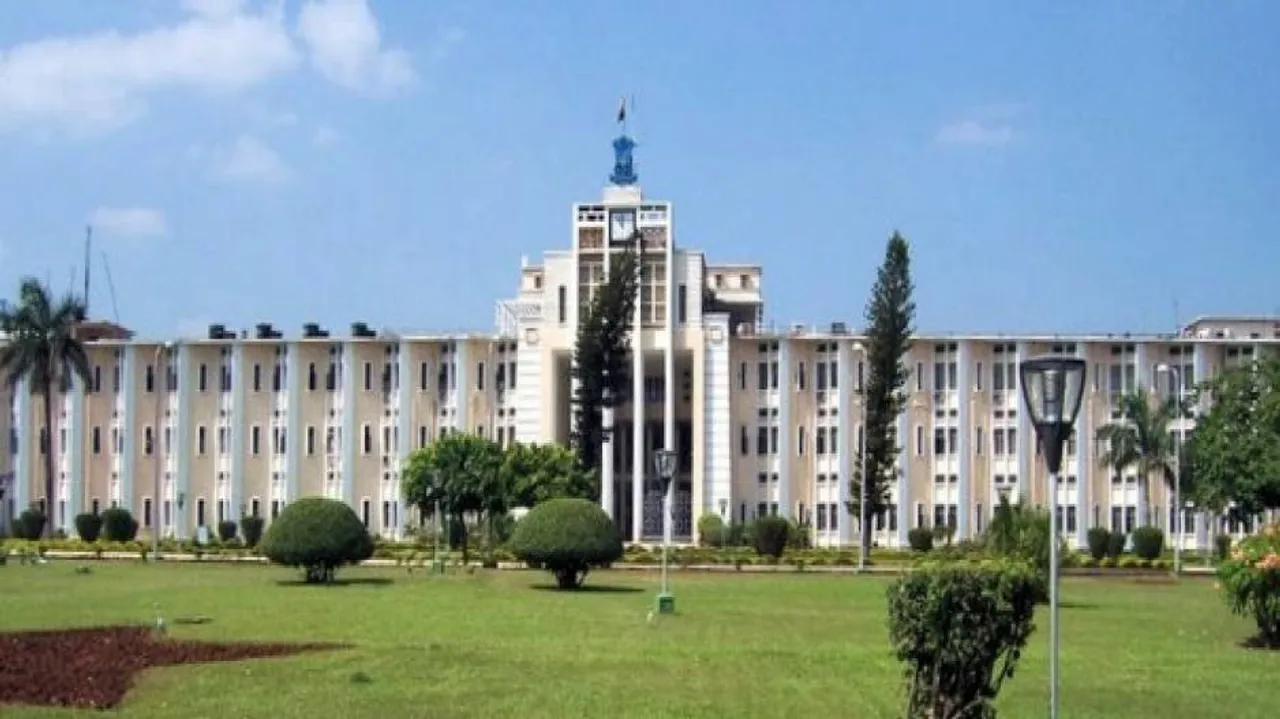New Delhi, July 3: In a significant policy shift, the Delhi government announced it will not impound end-of-life vehicles (ELVs), following intense backlash over the recent ban on fuel for older vehicles. Environment Minister Manjinder Singh Sirsa confirmed the move, stating that the government aims to protect both the environment and residents’ rights.
“We will not let Delhi’s environment be harmed, nor will we permit the confiscation of vehicles owned by its residents,” said Sirsa during a press briefing.
ANPR Rollout at the Heart of Controversy
The government’s decision follows a letter Sirsa sent to the Commission for Air Quality Management (CAQM) requesting a hold on Direction No. 89, which mandated the denial of fuel to ELVs beginning July 1. The core issue lies with the Automatic Number Plate Recognition (ANPR) system, which was intended to detect vehicles exceeding the permissible age limits.
Sirsa cited several implementation challenges:
-
Technological glitches and poor placement of ANPR cameras.
-
Lack of integration with NCR state databases.
-
Uninstalled systems in neighboring states, affecting uniform enforcement.
-
Risk of illegal fuel markets, as vehicle owners could refuel in border areas like Noida and Gurugram.
Political Opposition and Legal Pushback
BJP MP Parvesh Verma criticized the ELV rule, arguing that bans should be based on pollution levels, not vehicle age. He also pointed out inconsistencies in enforcement across NCR regions.
“When it’s implemented in the NCR, we will consider implementing it,” said Verma, calling ANPR enforcement “not easy” and impractical in its current form.
Meanwhile, the Delhi Petrol Dealers Association filed a petition in the Delhi High Court, challenging their responsibility to enforce CAQM directives. They argue that private fuel station operators lack the legal authority to deny fuel based on vehicle age and should not be penalized for inadvertent non-compliance.
The High Court issued notices to the Delhi government and the CAQM, scheduling the next hearing in September. Advocates representing the dealers described the mandate as “disproportionate and unreasonable,” especially given the logistical challenges of screening nearly 3,000 vehicles per day at some fuel stations.
Background: Legal Foundations of the ELV Policy
The current ELV enforcement policy is rooted in a 2018 Supreme Court ruling that bans diesel vehicles over 10 years old and petrol vehicles older than 15 years in Delhi. It also follows a 2014 NGT order prohibiting parking of such vehicles in public areas.
Despite these legal precedents, stakeholders argue that enforcement must remain the responsibility of government agencies, not private operators.
What Lies Ahead
The Delhi government has indicated that a new system is being considered for managing ELVs, one that balances air quality concerns with technological and legal feasibility. Until a fully integrated ANPR system is operational across the NCR, the government appears set to pause aggressive enforcement and reassess its approach.










